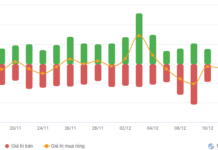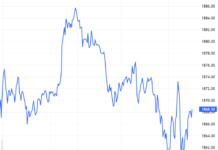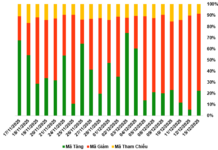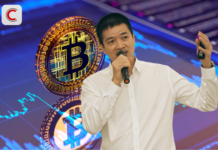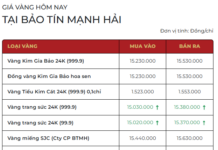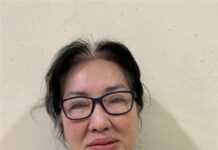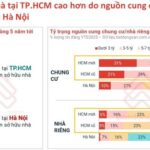Small businesses are playing a big role in Japan’s EV battery supply chain, indirectly supporting manufacturers such as Toyota Motor and Tesla. However, some struggle to keep up with surging demand for electric vehicles, creating a supply chain crunch risk for the industry.
“We have recently received inquiries from Europe, the United States, China and South Korea — including two major automakers — but we have turned down all of them,” the president of a Japanese equipment maker told Nikkei Asia. “Our production capacity is not sufficient at the moment. The company has only about 100 employees, and there are not many assets to mortgage. The future will rely on government subsidies.”
Tokyo wants small businesses to form alliances to become more competitive, but that would mean some surrendering technological autonomy to big automakers. They worry about losing the ability to set their own R&D agendas.
Despite slowing EV sales, investment in batteries remains strong as automakers such as Toyota try to catch up with early movers. It aims to increase its EV battery sales 15-fold to 1.5 million units by 2026. Panasonic, a major battery supplier to U.S. electric vehicle maker Tesla, also has ambitions to quadruple its EV battery production capacity by March of 2031 from March 2023.
However, Japan’s corporate culture is holding back the country’s EV industry, according to Ryuta Morishima, secretary-general of the Japan Battery Supply Chain Association. A lack of strong leadership is making it slow for battery makers to set up new production lines.
There are signs that Japanese suppliers are facing encroaching competition from overseas manufacturers. Guangdong HYNN Technology, a Chinese battery equipment maker with over 3,000 employees, set up an office in Japan in 2023, hoping to win business with companies such as Toyota. A major supplier to China’s CATL, the company is also considering an initial public offering.
The Japanese Ministry of Economy, Trade and Industry is aware of the risk that small businesses could be left behind. The next round of subsidies targeting battery makers and related suppliers, worth up to 500 billion yen ($3.2 billion), will be expanded to include equipment makers for the first time.
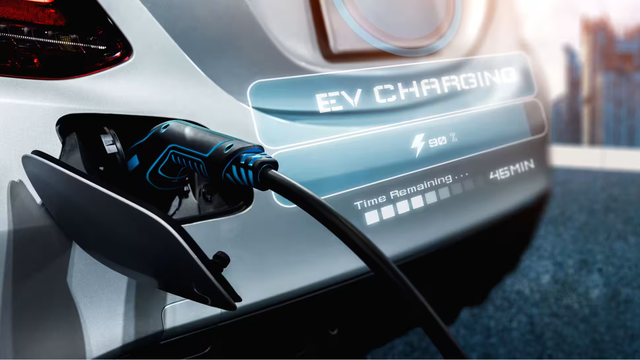
Even so, some smaller companies feel that the recent reform effort is simply intended to help big automakers protect their existing suppliers. “I feel that major automakers are behind the recent industry reform effort,” said an executive at a maker of battery-making equipment. “They are trying to break up the existing small industry and push new ideas.”
Japan’s automakers, which for decades dominated the Southeast Asian market, are facing a wave of new competition. The International Energy Agency reported that China’s share of global electric vehicle exports was just 4.2% in 2018 but grew to 35% in 2022.
In contrast, Japan’s share of global electric vehicle exports fell from 24.5% in 2018, when it was the world leader, to just 9.3% today. Other markets, such as the U.S. and Europe, have also declined.
Once the darling of consumers, Japan’s automakers had more than 30% of new-car sales in the U.S. and dominated markets from Southeast Asia to Africa. The country itself was an early market for the original hybrid, the Toyota Prius.
Unfortunately, initial enthusiasm for electric vehicles quickly faded amid poor sales. Consumers were not convinced, and models suffered from occasional technical glitches.
“Japan’s auto industry needs to catch up,” said Masato Inoue, a former Nissan executive who now teaches at the Istituto Europeo di Design in Turin, Italy. “It may be too late.”
Experts are concerned that Japan’s automakers could be repeating past mistakes in the semiconductor and consumer electronics industries, SCMP reported. Companies that once dominated the world with NEC memory chips and Sony’s Walkman eventually lost out to upstarts like Apple. “Japanese automakers seem to be lagging behind and are unlikely to catch up,” said Shingo Ide, equity strategy director at NLI Research Institute of Nippon Life Insurance.
Sources: Nikkei, SCMP


